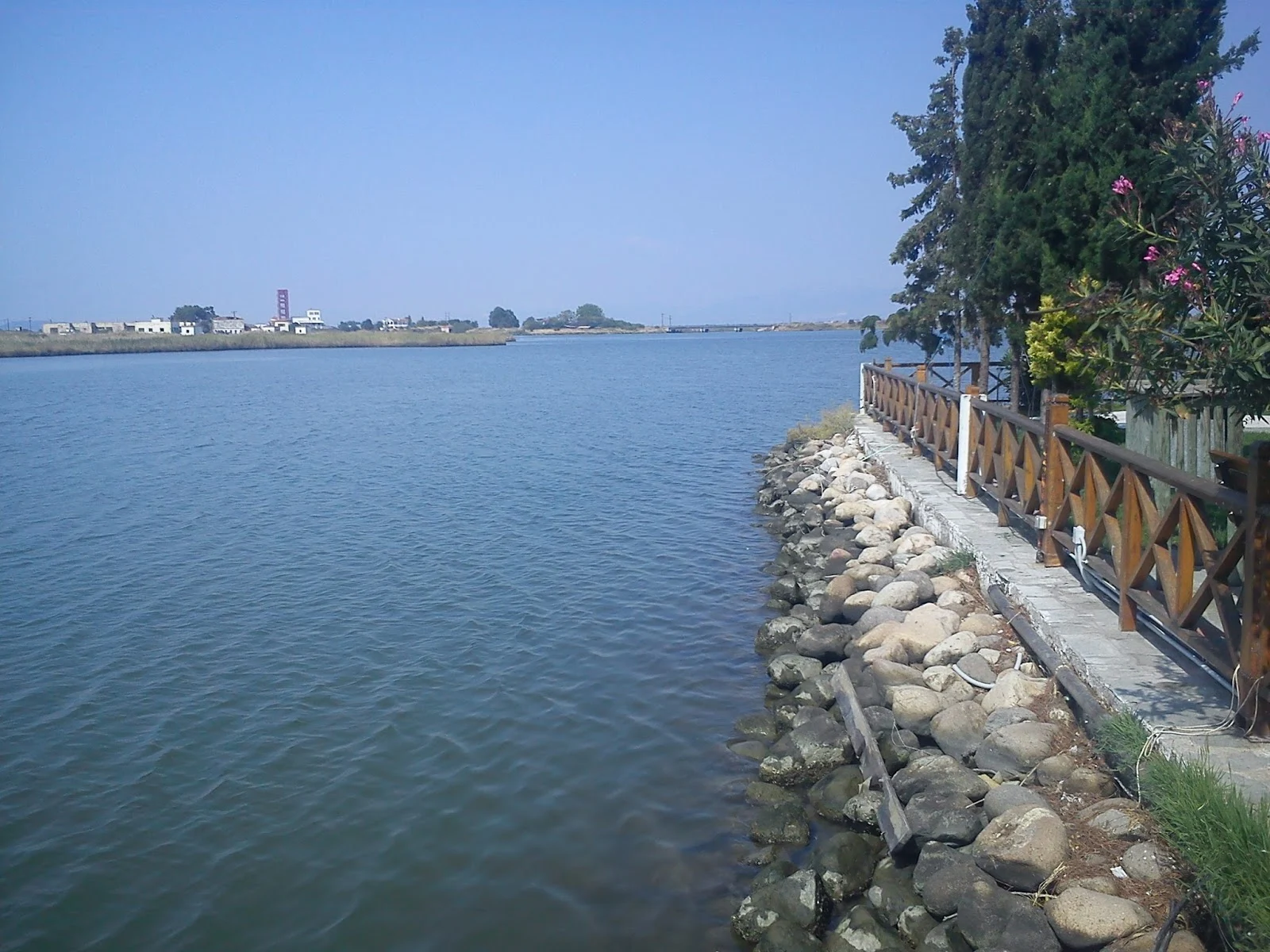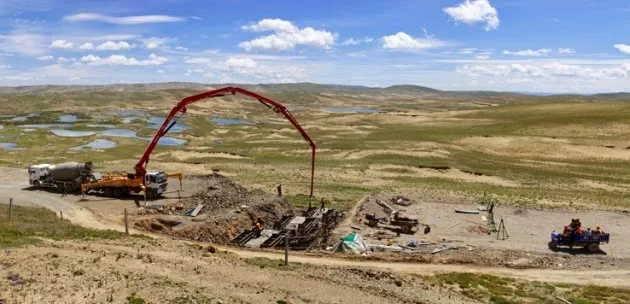Negotiators in Geneva adopted a climate blueprint on Friday (Feb 13), a symbolic milestone in the fraught UN process that must culminate in a universal pact in Paris in December.
Assembled over the past six days, the 86-page draft plan for limiting man-made global warming was gavelled through at the close of six days of talks, prompting applause from delegates.
"The task of this session has been achieved," UN climate chief Christiana Figueres told reporters ahead of the closing. "We have a text today ..., the formal negotiating text that will be the basis for negotiations for the next few months until we get to Paris", where the final pact will be adopted.
Ever since the 2009 Copenhagen conference failed to deliver a world agreement, the 195 nations gathered under the UN Framework Convention for Climate Change (UNFCCC) have been working on a new project for adoption by the end of this year.
Set to be signed at the November 30-December 11 UNFCCC Conference of Parties (COP) in Paris, the pact must enter into force by 2020 to further the UN goal of limiting warming to 2°C (3.6°F) over pre-Industrial Revolution levels.
Scientists warn that at current greenhouse gas emission trends, Earth is on track for double that, or more - a recipe for catastrophic droughts, storms, floods and rising sea levels.
Negotiators emerged from the last COP in Lima last December, with a hard-fought framework text that remained hotly contested.
The February 8-13 Geneva talks, one of three special sessions added to this year's official UN climate agenda, was tasked with "streamlining" the Lima document. Instead, the meeting's mandate was changed early on to seeking universal endorsement of the text, which more than doubled since Sunday until all countries were satisfied their views were included.
The process was widely hailed for creating a sense of common purpose and goodwill in a text with universal buy-in. But it also yielded a vast document listing a variety of alternative approaches on most issues - often reflecting country positions that diametrically oppose one another.
And that means hard choices will have to be made in the months to come, starting with the next negotiating round in Bonn in June. "We have now agreed on a negotiating text. It provides us with the basis for moving forward," Elina Bardram, head of the EU delegation, told AFP.
But she added: "We would have wished for more advancement. The introduction of missing elements in the text is an achievement, but it does mean that the tough negotiations lie ahead of us and we are running out of time. We need a step change between now and Paris."
OPTIONS FROM A TO Z
"All the crunch issues are still on the table," added to Climate Action Network spokeswoman Alix Mazounie. "We have options going from A to Z".
At the very core of the pact, countries remain deeply divided on the issue of "differentiation" - how to share responsibility for emissions cuts between rich and poor nations. Developing countries also want their developed counterparts to commit to long-term climate financing, and insist on compensation for climate-change induced losses and damage suffered.
"I don't think there's any doubt that the negotiations are going to get more difficult," said veteran observer Alden Meyer of the Union of Concerned Scientists. "The first step before you can get to addressing those is to have a common picture of what the agreement is going to look like in terms of what the outline is, what the elements are in it. They have it now."
- AFP/ec
channelnewsasia.com
13/2/15
Assembled over the past six days, the 86-page draft plan for limiting man-made global warming was gavelled through at the close of six days of talks, prompting applause from delegates.
"The task of this session has been achieved," UN climate chief Christiana Figueres told reporters ahead of the closing. "We have a text today ..., the formal negotiating text that will be the basis for negotiations for the next few months until we get to Paris", where the final pact will be adopted.
Ever since the 2009 Copenhagen conference failed to deliver a world agreement, the 195 nations gathered under the UN Framework Convention for Climate Change (UNFCCC) have been working on a new project for adoption by the end of this year.
Set to be signed at the November 30-December 11 UNFCCC Conference of Parties (COP) in Paris, the pact must enter into force by 2020 to further the UN goal of limiting warming to 2°C (3.6°F) over pre-Industrial Revolution levels.
Scientists warn that at current greenhouse gas emission trends, Earth is on track for double that, or more - a recipe for catastrophic droughts, storms, floods and rising sea levels.
Negotiators emerged from the last COP in Lima last December, with a hard-fought framework text that remained hotly contested.
The February 8-13 Geneva talks, one of three special sessions added to this year's official UN climate agenda, was tasked with "streamlining" the Lima document. Instead, the meeting's mandate was changed early on to seeking universal endorsement of the text, which more than doubled since Sunday until all countries were satisfied their views were included.
The process was widely hailed for creating a sense of common purpose and goodwill in a text with universal buy-in. But it also yielded a vast document listing a variety of alternative approaches on most issues - often reflecting country positions that diametrically oppose one another.
And that means hard choices will have to be made in the months to come, starting with the next negotiating round in Bonn in June. "We have now agreed on a negotiating text. It provides us with the basis for moving forward," Elina Bardram, head of the EU delegation, told AFP.
But she added: "We would have wished for more advancement. The introduction of missing elements in the text is an achievement, but it does mean that the tough negotiations lie ahead of us and we are running out of time. We need a step change between now and Paris."
OPTIONS FROM A TO Z
"All the crunch issues are still on the table," added to Climate Action Network spokeswoman Alix Mazounie. "We have options going from A to Z".
At the very core of the pact, countries remain deeply divided on the issue of "differentiation" - how to share responsibility for emissions cuts between rich and poor nations. Developing countries also want their developed counterparts to commit to long-term climate financing, and insist on compensation for climate-change induced losses and damage suffered.
"I don't think there's any doubt that the negotiations are going to get more difficult," said veteran observer Alden Meyer of the Union of Concerned Scientists. "The first step before you can get to addressing those is to have a common picture of what the agreement is going to look like in terms of what the outline is, what the elements are in it. They have it now."
- AFP/ec
channelnewsasia.com
13/2/15















 GR
GR FR
FR DE
DE ES
ES IT
IT RU
RU EU
EU